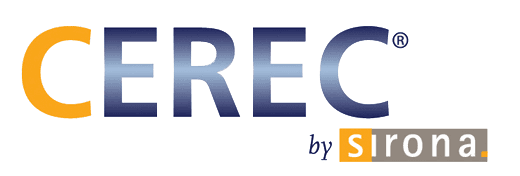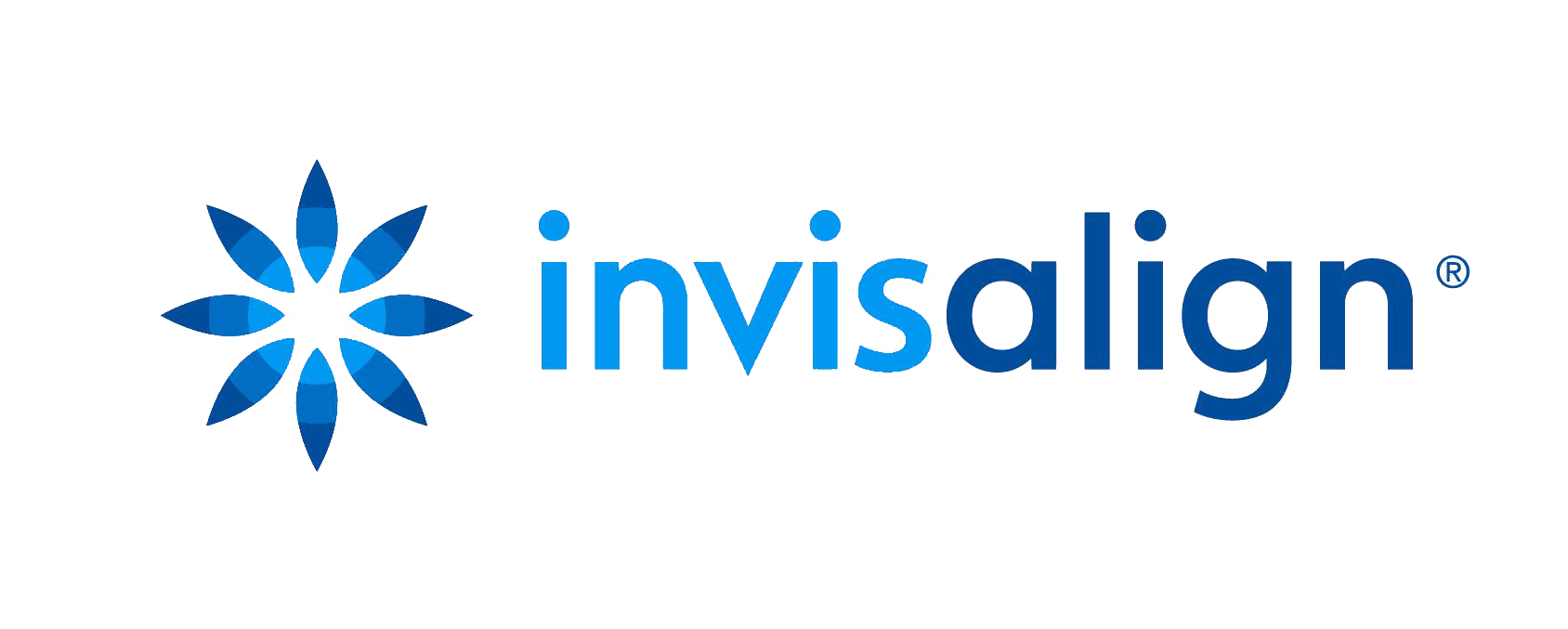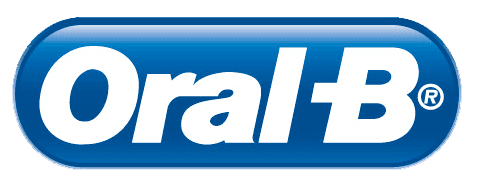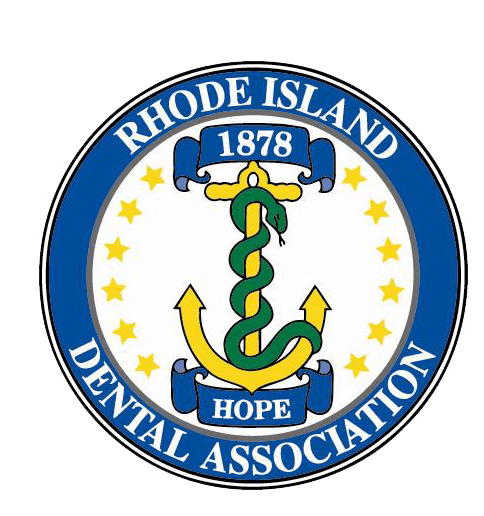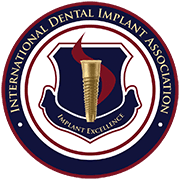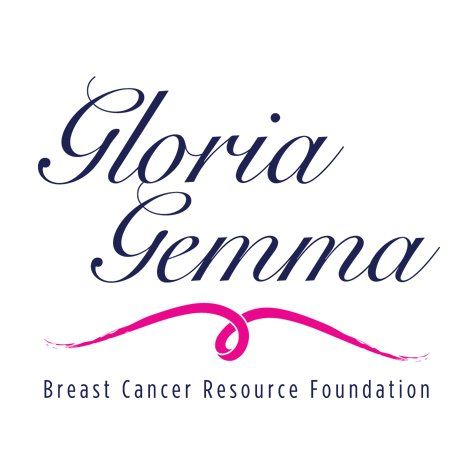
CLINICAL HYGIENE & PREVENTION
Prevention and early detection are crucial to avoiding tooth decay and gum disease, also known as periodontal disease. If left untreated, this can cause the gums and supporting bone structure to deteriorate, leading to gum recession or even tooth loss. In addition, research has shown that periodontal disease may be associated with other diseases, such as diabetes and heart disease.
Luckily, periodontal disease can be prevented. This starts by controlling plaque which starts out as a soft sticky bacteria on your teeth. If not removed by brushing and flossing it turns to calculus, a harder mineral deposit. These are the main sources of decay which leads to periodontal disease. By maintaining proper daily hygiene regimens and routine dental appointments, you can prevent most forms of oral disease.
CLINICAL HYGIENE APPOINTMENTS
Routine clinical hygiene appointments are conducted by one of our thorough hygienists are a vital part in preventing the buildup of plaque and calculus. Removing plaque and calculus will greatly decrease your risk of contracting gingivitis, which could progress to periodontal disease if untreated. Using state-of-the-art tools and technology, our hygienists will remove moderate plaque and calculus buildup. An ultrasonic device may be used to remove heavier buildup. Your visit is then completed with a polishing and flossing of the teeth, leaving your mouth feeling clean and refreshed.
EXAMS
Regardless of how well you are able to maintain your oral hygiene at home, it is still recommended that you get a dental health exam, x-rays, and a clinical hygiene appointment at least twice per year. Remember, early detection makes treatments more effective, less expensive, and more successful. During your exam with Dr. Boscia, he will perform the following routine checks:
- Examination of gum health to evaluate for gum disease
- Diagnose if tooth decay is present
- Interpret x-rays taken, which are utilized to aid in the reveal of decay, bone loss, infections, tumors, cysts, and other concerns
- Oral cancer screening
- Assess the uprightness of any existing fillings or restorations
- Inform, advise and recommend treatment, if needed
BRUSHING AND FLOSSING
As dangerous to your oral health plaque can be, it is easily removed by proper and consistent brushing habits. Plaque has the ability to build up on your teeth in less than 24 hours. This is why it is recommended that we brush at least twice per day. Flossing is a vital step in your home care routine to insure any plaque is removed in areas a brush cannot reach. Without combining both brushing and flossing, plaque and other harmful bacteria have a better chance to grow and multiply.
MOUTH RINSES
In addition to your home care routine, over the counter mouth rinses are an effective tool to help fight gingivitis and tooth decay. Mouthwash will leave your breath feeling fresh, but keep in mind, it is not a substitute for regular brushing and flossing.
ORAL CANCER SCREENING
With today’s evolving technology it is now easier than ever to detect oral cancer early on. Identifying premature signs or symptoms enables the best opportunity for recuperation. Only half of patients diagnosed with oral cancer survive more than five years. Therefore, it is imperative that screenings are conducted at each hygiene appointment using state-of-the-art visual and radiographic testing.
Some signs we look for include:
- Sores that easily bleed and do not heal
- Discoloration of oral tissues, lumps, thickening, rough spots or areas of erosion
- Pain, tenderness, or numbness anywhere in the mouth or lips
- Difficulty chewing, swallowing, speaking, or moving the jaw and/or tongue
Oral cancer does not discriminate and often occurs in people who have no known risk factors. Early detection gives us a much greater chance in winning the battle. We highly encourage that you stay regular with all appointments and exams.
GUM DISEASE
Gingivitis
Gingivitis is the initial stage of periodontal disease when only the gum tissue is affected. Plaque and calculus buildup along with its associated bacteria causes inflamed, bleeding gums. The good news is gingivitis can be easily reversible. A thorough clinical hygiene appointment, followed by regular brushing, flossing and rinsing, restores gums back to their good health.
Periodontal Disease
Periodontal disease (periodontitis) is a serious infection that damages the bone structure which supports your teeth. Left untreated, periodontal disease can cause teeth to loosen and eventually lead to tooth loss. Usually the infection is a result of untreated plaque buildup, but is made worse by several additional factors. Heredity, smoking, diabetes and health issues such as poor diet, stress, bad habits, clenching and grinding are among the worst contributors. More than 80% of Americans by the age of 45 have periodontal disease. Even though periodontal disease is the number one cause of tooth loss in adults, modern treatment and prevention can often preserve teeth indefinitely.
Diagnosis
Treatments
Schedule an Appointment for the Entire Family
Call: 401-295-8806
With our same-day crown technology, you can spend less time at the dentist and more time doing the things you love.


